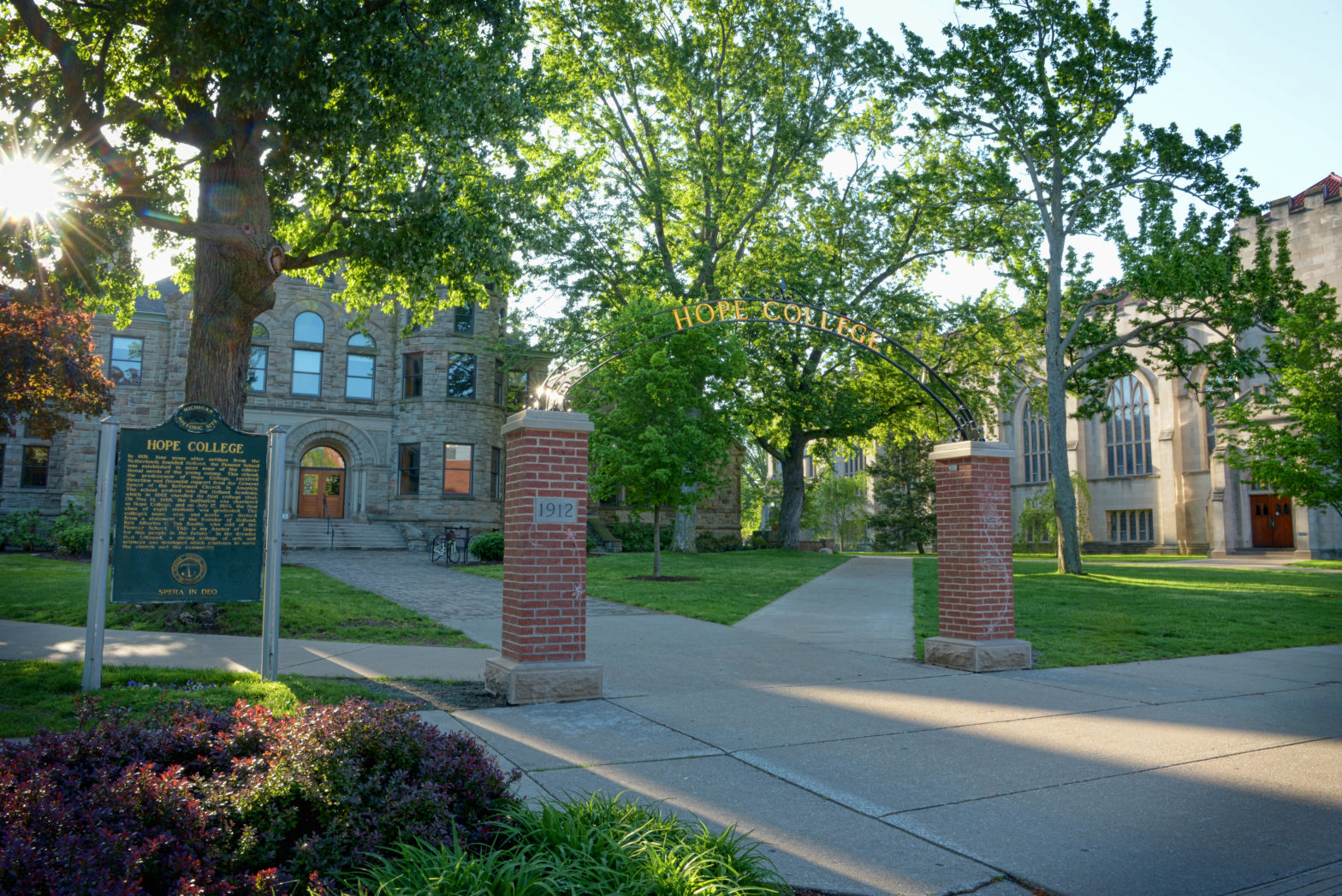Beginning first with its establishment of the Holland colony’s Pioneer School in 1851 and then later gaining its official charter in 1866, Hope College holds ages of timeless tradition. This is manifested in a variety of ways throughout the College. From the College’s historic architecture to its pursuit of its Christian identity and the liberal arts, Hope College is steeped in tradition.
This tradition is not limited to the library archives as students themselves are invited to directly partake in the College’s distinctive tradition. For instance, students across campus enjoy entering into numerous festivities, unique to the College. Two of these festivities include the iconic traditions of Hope College known as The Pull and Nykerk.
The Pull
Starting more than 120 years ago, The Pull is one of the oldest college traditions in the nation. Occurring every fall, the three hour long event attracts students, staff, alumni, families, community members, and more. Gathered together, spectators watch as two opposing teams pull a 600 ft long rope. While this may sound simply like a friendly, typical game of tug-of-war, it is anything but ordinary. Competitors of up to 18 members per team are divided into two sides by a large sheet, either wearing an even year graduation number or an odd year graduation number. This separates the two teams by “Odd Years” and “Even Years.” As such, the freshman team is coached by juniors while the sophomore year team is coached by seniors. Each competitor, known as a ‘puller,’ lays in a horizontal position within an earthen dug-out box as an accompanying team member, called a ‘moraler,’ cheers loudly in the ear of the respective teammate. Not only are the graduation numbers imprinted on the individuals’ shirt from each team, but the back of the shirt also includes a corresponding name for that pit. These names provide motivation and representation for the respective individuals of that pit and throughout their entire 3-week training. By the end of the three hours, the pulling has ceased and measurements on each side are recorded. As the results are announced, the teammates gather in either celebration or in sorrow. Regardless of the motion experienced, both sides reflect deep fellowship.
Nykerk
While similar to The Pull in that the competition is divided by the odd and even graduation years of freshmen students versus sophomore students, Nykerk leans into the arts rather than sports. Beginning more than 80 years ago, the event is broken up into three sections: song, play, and oration. While only females participate in each of these activities, males can participate as ‘morale boys’ helping to support the women through stage managing, gift giving, and more. Each of the sections of the overall performance are intended to be highly passionate, energetic, exaggerated, dramatic, and humorous. It was established in 1935 by Dr. John Nykerk, who founded the College’s music department. Dr. Nykerk sought to uplift female representation and expression on campus through this competition. Interestingly, the event has never had to have been canceled during its more than 80 year history. After the deliberation of nine judges, the winning class is awarded with the Nykerk Cup.
Tradition is central to Hope College. It builds a culture that honors the College’s ancestry while fostering the contributions of those in the present and building foundations for future ones to come. For me, this grounding in tradition enables the growth of virtue. It develops communion with others, care through stewardship, and the pursuit toward excellence. Though The Pull and Nykerk initially may seem simply like forms of entertainment on campus, I believe traditions like these help drive the very vision of Hope College in remaining rooted in the liberal arts and the historic Christian faith.


